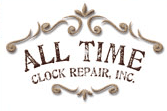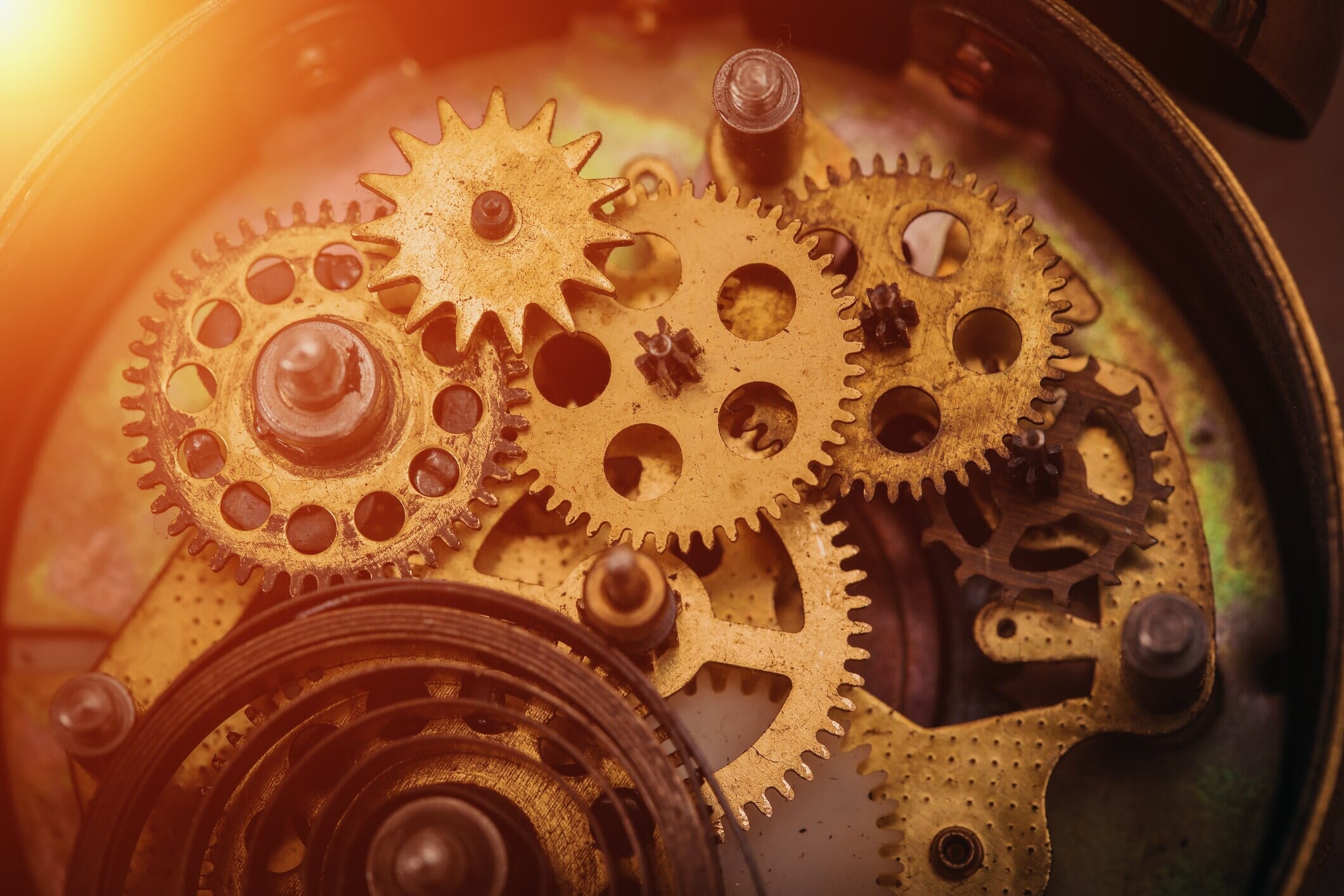We will be Closed Thursday Sept. 24th and Friday Sept. 25th
Want to easily see the time in the middle of the night? Projection clocks are typically digital clocks that can magnify and shine the time onto another surface - such as a screen, wall, or ceiling. These generally only work if connected to a power source.
Want an eye-catching and unique wall hanging? Try grouping several wall clocks and hanging them together. You can either choose clocks that coordinate in color or style, or go for totally different ones for a look that's more eclectic.
Would you believe that the first alarm clock would only ring at 4:00 A.M.? Levi Hutchins, a clockworks engineer, developed the first alarm clock in 1787 as a way for him to wake up on time every morning.
Medieval clocks were made reliable by the continued rhythmic swinging of the pendulum. These timepieces had a huge impact on Western civilization.
No one knows when the first cuckoo clock was created, but the first written account of someone owning one dates to 1629. Care to guess the most popular shape for a traditional cuckoo clock? If you guessed the shape of a small Swiss chalet, you're right.
We will be Closed Friday Oct. 16th
Pendulum clocks are widely used in many homes. These are great for keeping time because the weight swinging back and forth is in a precise time interval to keep your time accurately showing.
What 16th century device helped make clocks more accurate, allowing astronomers to use them to perform precise astronomical calculations? That would be the pendulum. The first pendulum clock was produced by scientist Christiaan Huygens in 1656.
Clocks are truly a family affair. In addition to grandfather clocks, and his spousal equivalent, the grandmother clock, there are also granddaughter clocks.
Stylish clocks can give your space personality. As a bonus, it will help you easily keep track of the time without having to continually pull out your phone or check your watch.
Have you ever wondered how you can tell the difference between a grandfather and a grandmother clock? Grandfather clocks are typically six and taller, while grandmother clocks are between five and six feet tall.
We will be Closed Friday Nov. 6th
Radio-controlled atomic clocks work on the principle of "encoded time signals" and radio station transmission. These encoded time signals are received from a radio station transmitting time from an atomic clock.
Early clocks had two purposes. One was to signal public events and church services and stations. These were done with the clock's bells. The other purpose was to use the clockwork mechanism to help run astrolabes to track stars and map the solar system.
In 1656, Christiaan Huygens invented the pendulum clock. The device relied on a swinging weight that would move back and forth at a precise rate of speed depending on the center of gravity of the pendulum.
Did you know when restoring a clock, the clock must be disassembled very carefully so that each piece can be inspected? After the movement goes through a cleaning and any other work that needs to be done, the person restoring your clock must then carefully put it back together.
Did you know Jost Burgi created the minute hand? The reason he did was because a famous astronomer, Tycho Brahe, needed a more accurate clock for stargazing.
Clocks are called clocks because they originally marked time by sounding bells, not by markings on the face of a dial. The French word for bell is “cloche”, and the term rang a bell, even after numerical dials were added.
We will be closed Friday Feb. 5th
Though some modern clocks still use mechanical movements, many are electrical. The first electrical clocks were developed in the mid-1800s. Electrical clocks can combine mechanical clockworks or can operate with tuning form vibrations or through quartz crystals.
While grandfather clocks are constructed to last a lifetime – and longer – they do require TLC to stay in tip-top condition for years to come.
If you're looking for a way to add a bit of elegance to your home, consider a mechanical clock. Smaller models are traditionally used to decorate mantels above fireplaces, and large floor clocks can be used in halls and entryways so they'll be seen easily by anyone entering the house.
Quartz clocks are very common in modern timekeeping. These clocks use small amounts of electricity from batteries or other power sources to count precise oscillations from the quartz crystal.





